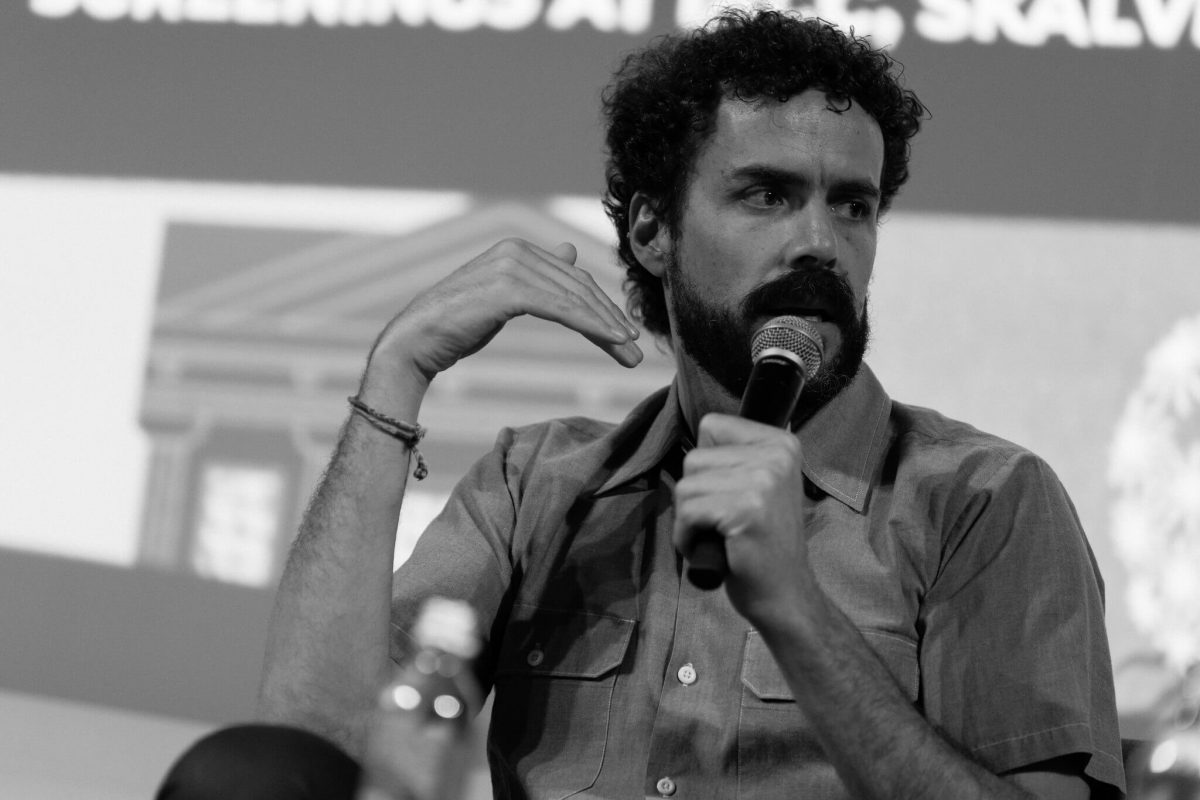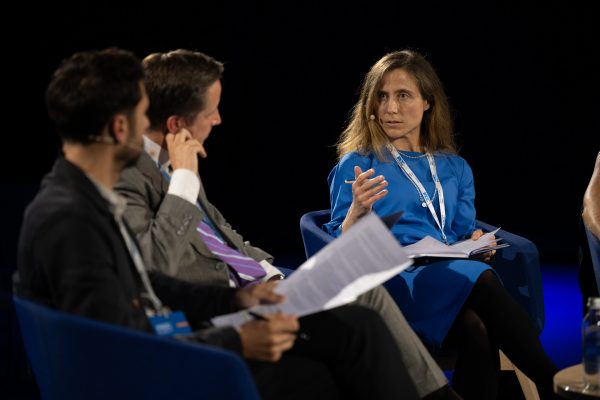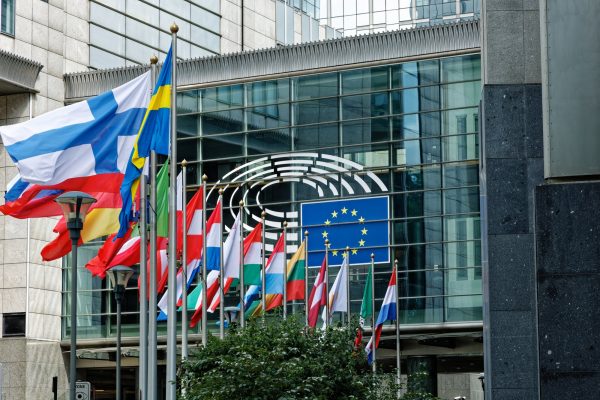Over the past decade, Mexico has positioned itself as one of the most dangerous countries to practice journalism. During the five and a half years of Andrés Manuel López Obrador’s presidency, 44 journalists have been confirmed murdered, and another 32 are missing, according to a tally by Article 19. This brings the total killed since the start of this century to 164.
While the killers have been convicted in certain high-profile cases, such as the 2017 murders of journalist Miroslava Breach in Chihuahua and Javier Valdez in Sinaloa, the masterminds behind these crimes have never been publicly identified or pursued by the Mexican justice system.
This troublesome scenario is the subject of a recent documentary, State of Silence, directed by Santiago Maza and produced by actors Gael García Bernal and Diego Luna.
“When you learn that the impunity rate for crimes against journalists is 99 percent, it’s an open invitation to do it again. There are many ways to attack, some indirect and some very direct. All of them are chilling. But the system is set up to let it keep happening because prosecutors are not capable of solving even one case,” said Santiago Maza, after a screening of his film at the 2024 International Anti-Corruption Conference (IACC) held in Vilnius, Lithuania.
Maza and his team spent six years working on the documentary, which tells the stories of Marcos Vizcarra (Sinaloa), Jesús Medina (Morelos), and the married couple María de Jesús Peters and Juan de Dios García Davish (Chiapas). These four journalists were also forced to flee their homes after receiving death threats related to their work.
These impactful cases are just a small but powerful sample of the reality for journalists in Mexico, especially those working outside Mexico City. In more remote parts of Mexico, the presence of organised crime is far more prevalent, and the lines between criminal groups and the government are often blurred.
Shortly after coming to power, President Andrés Manuel López Obrador condemned the crimes against journalists during previous administrations. But during his time in office, his attitude to those critical of him in the press has become increasingly hostile, to the point of publicly criticising those who investigated his administration.
The president has also dodged calls for his government to create a comprehensive policy for the protection of journalists and human rights defenders.
Mexico does have a national protection mechanism for journalists, run in collaboration by the federal government and state authorities. However, this mechanism is limited. It only takes potential victims away from their homes without planning for their return, and without providing economic or emotional support for them and their families.
For Maza, besides authorities failing to protect journalists and punish those who attack them, society at large owes itself to recognise the value of journalism and how important it is to democracy and public life.
“Yes, there is a debt to journalists because we have left them alone. When a journalist is murdered, the only ones outraged are the journalists themselves,” said Maza.
“I think the documentary seeks to break this cycle, to connect with the human aspect, to show that stories don’t write themselves, that these are people doing essential work. It is a very noble task as they expose themselves to inform us so that we can understand the world we live in,” he added.
With the election of López Obrador’s successor, Claudia Sheinbaum, there is another opportunity to raise social outrage at the plight of journalists and demand that the new president addresses the systemic violence they face.


